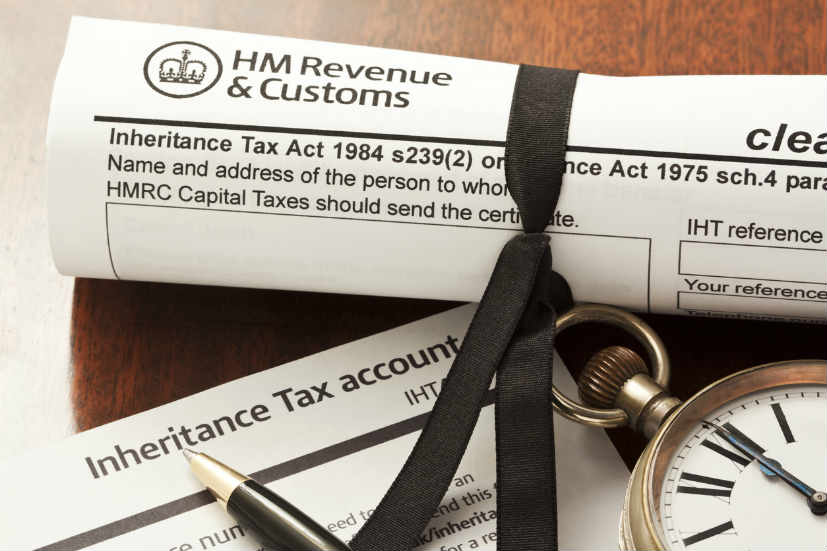Last year, HM Revenue and Customs announced bonuses or benefits of up to £50 per employee which fit their criteria can be given tax-free—and there’s no National Insurance or complicated paperwork involved.
In fact, ordering bonuses that fit HMRC’s specifications, such as the One4all Gift Card—which can be spent in more than 55,000 stores nationwide – can be done online at the click of a button, and they don’t have to be declared.
But as it stands, the vast majority of employers in the UK are unaware of this—according to a One4allRewards.co.uk survey of UK business leaders, just 22% currently know about this.
This is a lost opportunity, as giving out bonuses can positively impact businesses, including their bottom lines, in a number of ways.
Alan Smith, UK managing director at One4allRewards.co.uk, which sells One4all, the UK’s leading multi-retailer gift card, explains 6 reasons why businesses should be making use of this to give staff bonuses:
- Bonuses make staff more productive: It’s fair to assume that rewarding staff with a bonus would have some small impact on productivity. But the extent to which this is true is surprising – our research suggests that receiving a gift (such as something as simple as a bonus) is enough to make 91% work harder.
- The timing couldn’t be better: There’s still chance for employers to gift an employee bonus before the end of the financial year on 6th April. Christmas is a traditional time for staff bonuses, though it’s important to ensure workers understand how valued they are and feel good about work, to prevent staff departures.
- Giving bonuses can help you retain staff: According to a survey we recently carried out of 1,096 UK workers, almost half (46%) of the workforce would be less likely to look for a new job if they had recently received a bonus from their boss.
This in itself can be financially beneficial, as the costs for hiring staff, particularly when recruiters are involved, as well as paying for departing staff’s unused annual leave and the business time lost to searching for and interviewing candidates, can seriously stack up.
Weighed up against the cost of an annual tax-free bonus of £50 or less—which can prevent staff leaving in the first place—it is a bit of a no brainer.
- It makes giving bonuses cheaper: Simply put, you won’t pay any tax or National Insurance on employee bonuses if they meet HMRC’s simple criteria. Which makes giving bonuses more affordable. Our data shows 53% of those business leaders at SMEs who do not give out bonuses say this is due to the costs involved—suggesting this could make a huge difference to companies all over the country.
- It’s not as complicated as you might think: HRMC have made this surprisingly simple. To qualify, the bonus should not be worth more than £50 per employee, and it shouldn’t be cash or a payroll payment, included in employee contracts, or given as a reward for work or performance. Provided a bonus meets this criteria, HRMC say it doesn’t need to be declared, so there’s no complicated tax reporting involved—meaning no headaches at the end of the financial year.
- Despite popular belief, this tax exemption can be used to give a certain type of monetary bonus: Gift cards are a perfectly legitimate trivial benefit which fit HMRC’s criteria and, if you choose a multi-store gift card, employees will have almost as much choice of how and what to spend it on as if they’d received cash. The One4all Gift Card is the UK’s leading multi-store gift card. It can be loaded with anything from £10-400 and can be spent in more than 55,000 stores nationwide, including Marks & Spencer, John Lewis, Argos, Boots, B&Q, Curry’s, H&M and WH Smith.
There’s no getting around the fact that bonuses are an optional additional business expense which, in a medium sized workforce, can run up.
But as we’ve seen—whether it’s through increasing employee productivity (which can increase businesses’ results) or saving on recruitment costs through safeguarding against staff departures—in many ways they can indirectly pay for themselves.
When considering what to give, it’s worth bearing in mind that our research found monetary-based rewards, such as cash and gift cards, can have the longest-lasting impact on workers’ happiness levels.

